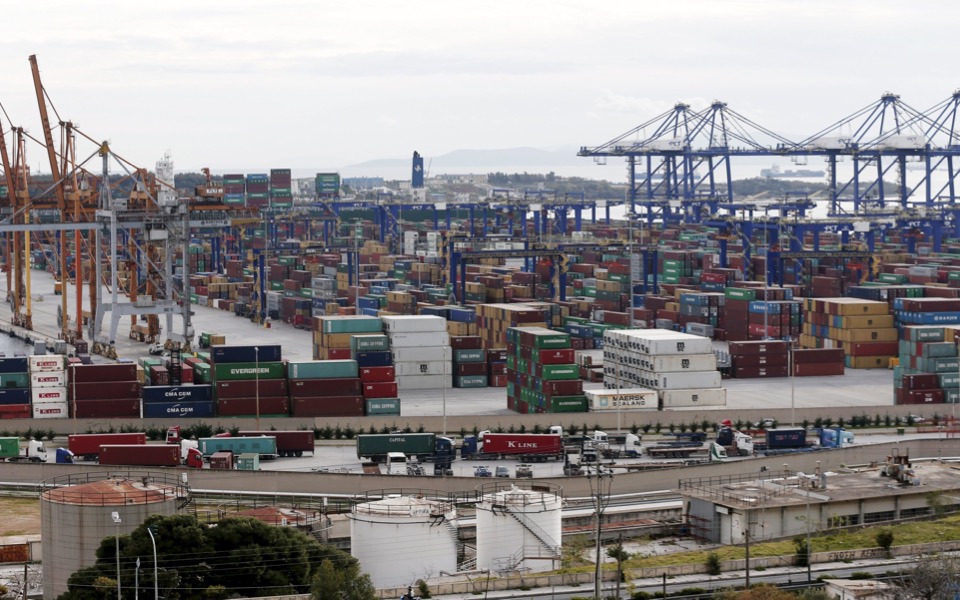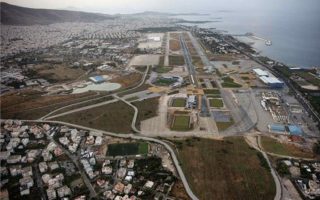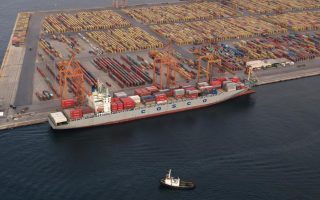Culture Ministry raises obstacle to Cosco investment

A few days before Prime Minister Alexis Tsipras heads off to Beijing to take part in the Belt and Road Initiative Forum in search of investors, Chinese group Cosco is faced with a fresh obstacle in its plans to develop the Piraeus Port Authority (OLP) as the Ministry of Culture says it wants to acquire OLP buildings.
Specifically, the ministry’s general Secretary, Maria Andreadaki-Vlazaki, has sent a letter to the Shipping Ministry asking it to revoke the concession for the Silo building in the port so it can house a museum of marine antiquities.
According to a law passed last year, the Silo building – which once served as a wheat storage structure – belongs to the set of buildings conceded by the state to OLP, which is now majority-owned by Cosco.
The letter was sent on April 13 – the same day the Culture Ministry called for three buildings to be certified as listed at the Elliniko plot – the site of the old airport in southern Athens – that is ready for concession.
The ministry had also made an effort in 2015 to stand in the way of the concession for the Silo and other buildings but it came up against the government’s opposition.
In its letter addressed to Shipping Minister Panayiotis Kouroublis, Andreadaki-Vlazaki urged him to to take all measures necessary to revoke the current concession and to hand it over the Culture Ministry.
She added that the creation of the Public Museum of Marine Antiquities is the ministry’s top priority as it seeks to implement its ambitious urban project to spruce up the the city of Piraeus and its port with new facilities, including museums and open-air event areas.
The idea of a cultural makeover of Piraeus was an initiative introduced more than a decade ago, but, even though a lot of money was invested, it never really got off the ground.
Even though the demands of the Culture Ministry are expected to come up against a host of legal obstacles, they are seen as the latest in a string of cases in which it has disputed the status of assets that have been included in the the country’s privatization program – including the case last year of the plot at Afandou on the southeastern Aegean island of Rhodes, which the Culture Ministry declared an “archaeological site,” even though investors had already won a tender.





